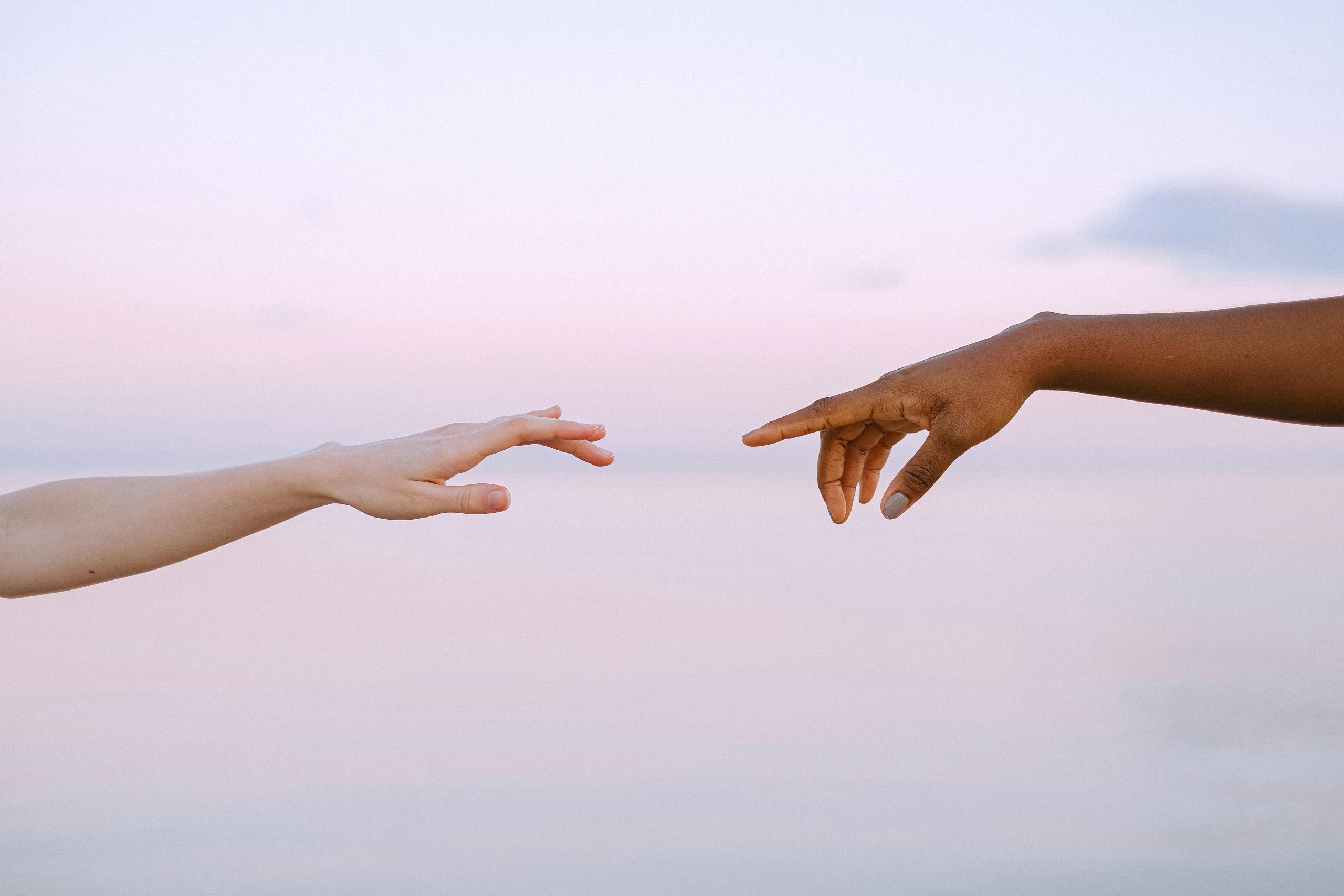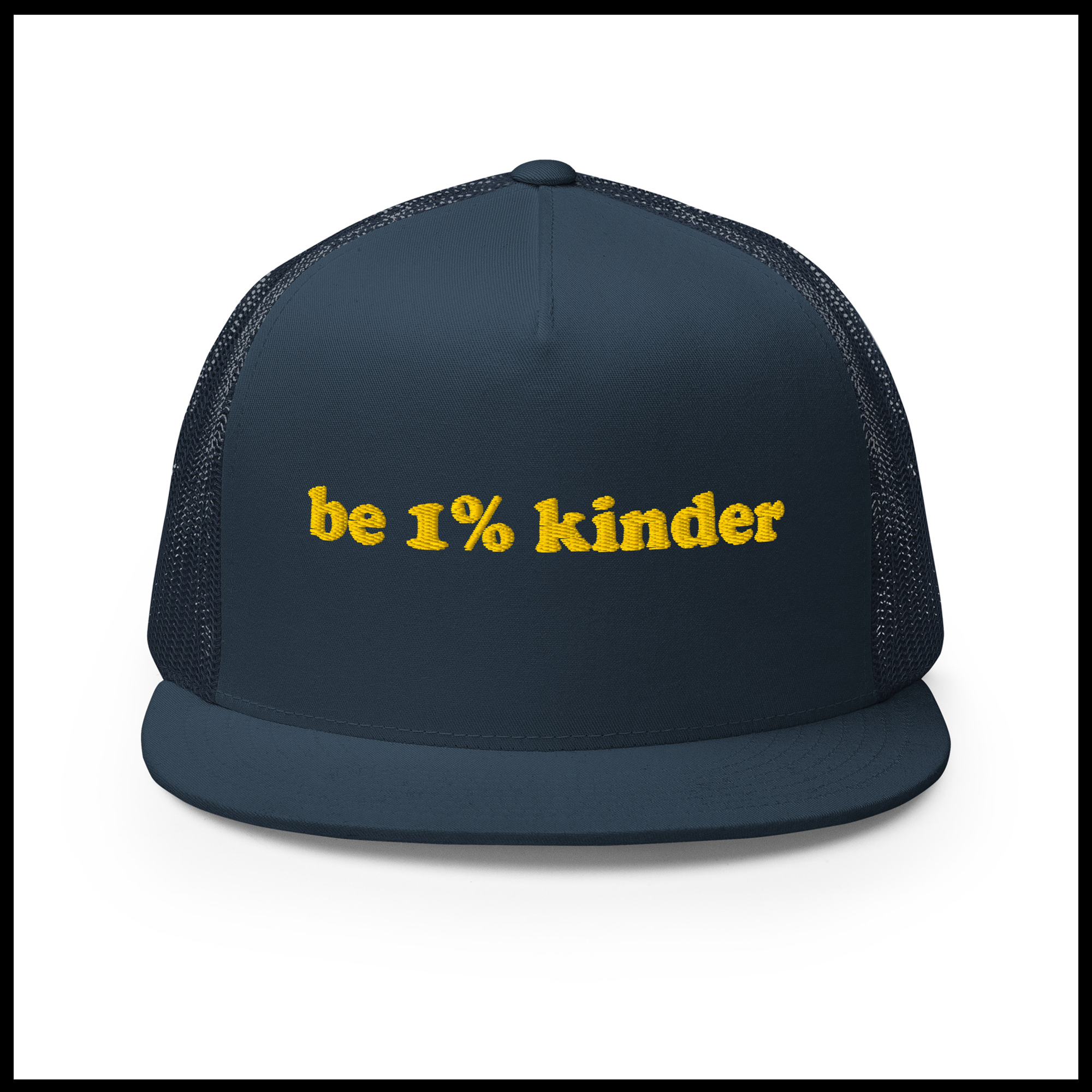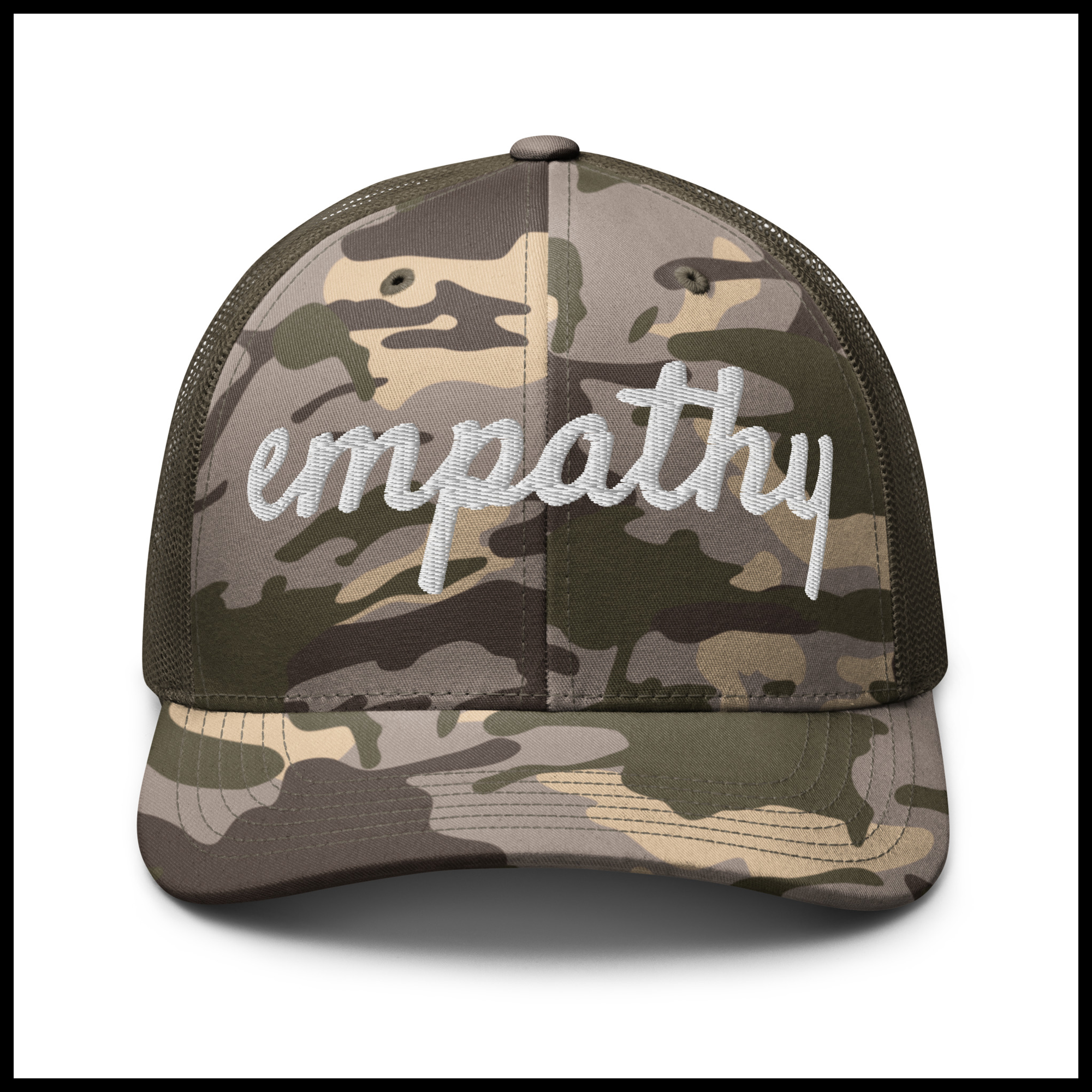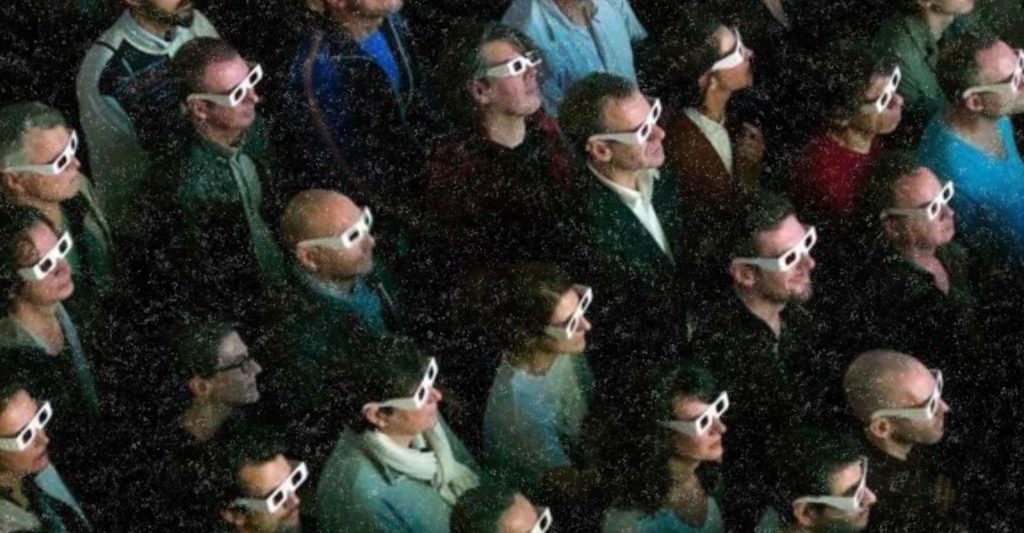
Where Did All the Empathy Go?
Exploring the Emotional Shortage in a World That’s Always “On”
Let’s start with a question: When was the last time someone really listened to you?
Not just nodded along while waiting to talk. Not a double-tap on a sad post. But someone—maybe a friend, a stranger, a coworker—who held space for your experience, without rushing to fix it, debate it, or reframe it with their own story.
It’s rare, right?
That’s because we’re living in what could be described as an empathy drought. Despite all our progress, all our access, all our supposed “connectedness,” something vital is drying up. We’ve become experts at consuming each other’s lives, but somehow worse at being there for each other.
And it shows.
The Performance vs. the Practice
Empathy hasn’t disappeared completely—it’s just been distorted. These days, it’s often more of a performance than a practice. We know what it’s supposed to look like, and we’ve become good at mimicking it.
We repost the right causes. We craft thoughtful captions. We weigh in on conversations about mental health, injustice, and trauma—with the right hashtags in place. And while there’s nothing inherently wrong with any of that, it begs a deeper question:
What happens after we close the app?
Are we checking in on the friends who’ve gone quiet? Are we giving grace to people whose struggle doesn’t come with an Instagram-ready backstory? Are we extending empathy in real life, or just curating the image of it online?
Empathy Takes Time—And We’re Out of It
One reason empathy feels endangered is because it doesn’t fit the pace of modern life. Empathy slows things down. It asks us to pause, ask questions, and stay present in the discomfort of someone else’s reality.
But we live in a culture obsessed with speed. We reward hot takes over careful thought. We value certainty over curiosity. And our bandwidth—for others and ourselves—is constantly maxed out.
In other words: empathy requires presence. But our attention is elsewhere.
Emotional Burnout Is Real
Let’s be honest: some of us aren’t lacking empathy because we’re bad people—we’re just exhausted.
We’re bombarded by news cycles, social pressure, and the emotional labor of simply trying to survive. It’s no wonder we start tuning things out. Our systems weren’t designed to process global crises, local heartbreaks, and our own personal chaos all at once.
So we go numb. We protect ourselves. We opt out.
But emotional self-protection can quietly become emotional disconnection. And when that happens collectively, we lose something bigger than we realize.
So, Where Do We Go From Here?
If this all sounds bleak, take a breath. There’s a silver lining. Empathy is a skill. Which means it can be rebuilt. We don’t need to fix the world overnight. But we can start by being intentional in small, consistent ways:
Be curious before being critical. Assume there’s more to someone’s behavior than you can see.
Hold space. You don’t have to solve someone’s problems to make them feel seen.
Check in. Not just when it’s convenient. Especially when it’s not.
Stay in the conversation. Even when it’s uncomfortable.
Empathy isn’t soft. It’s not weak. It’s not a luxury. It’s a muscle—and we need to start working it again. Because in a world that’s increasingly loud, fast, and fractured, empathy is one of the few things that can still bring us back to each other.
At +wellvyl, we believe true wellness isn’t just about taking care of yourself—it’s about caring for each other. Let’s make empathy part of our daily practice, not just our public image.
Choose a Subscription
Shop +wellvyl APPAREL











